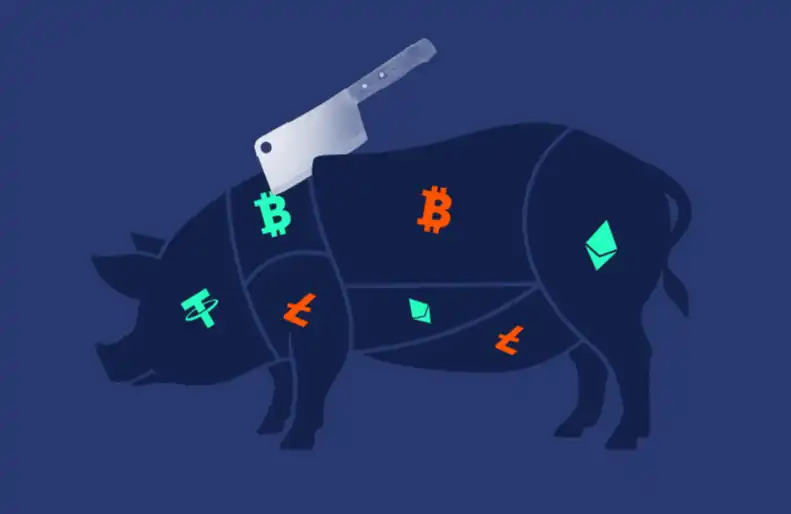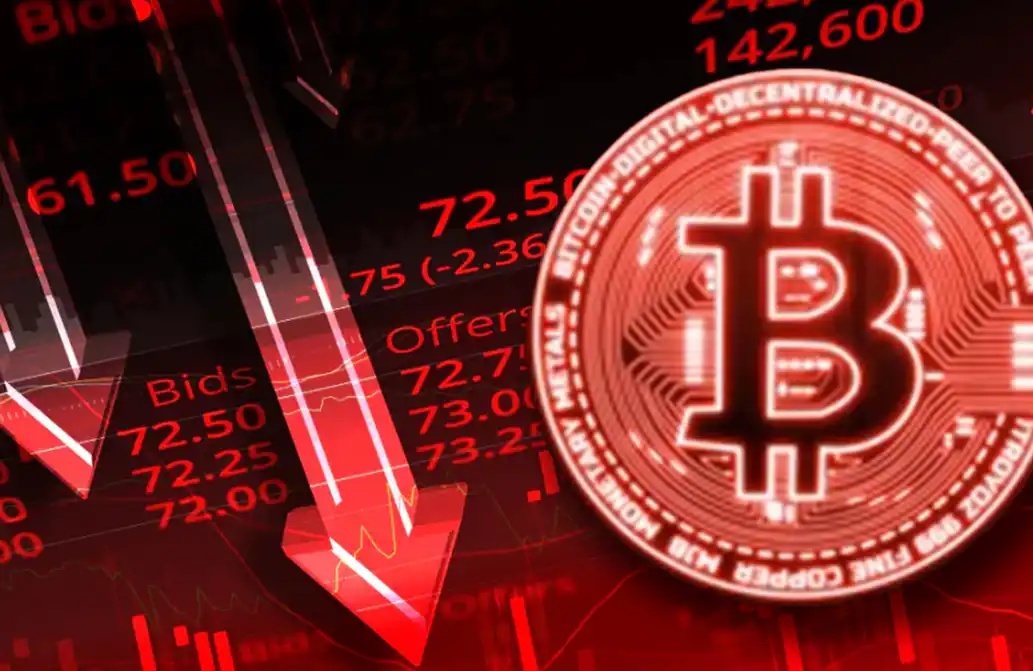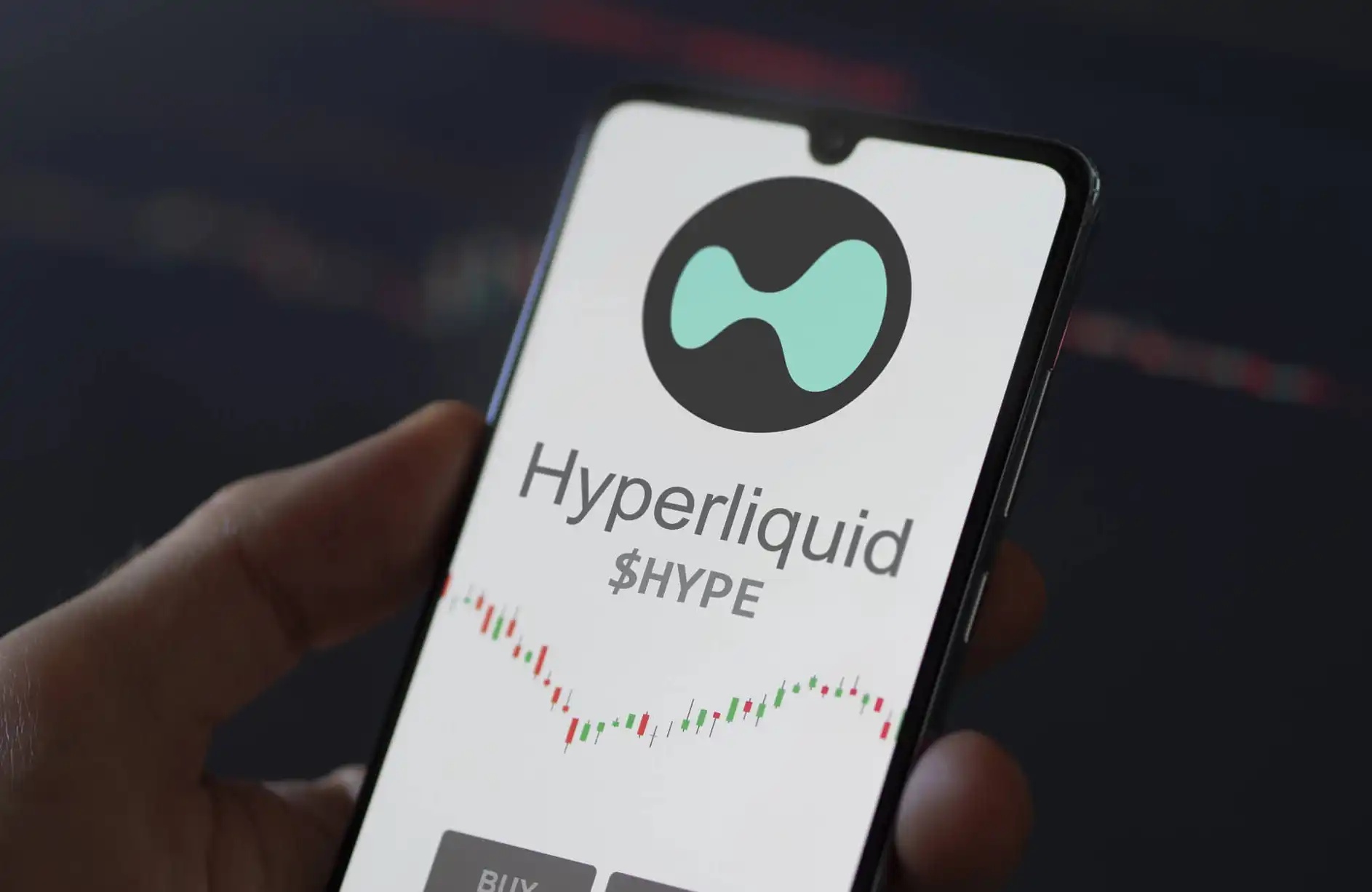OpenLaw Co-Founder: Why the DAO Act Matters
Originally written by Aaron Wright
Original compilation: 0x26
According to Wikipedia,DAO (decentralized autonomous organization)Is an organization that is represented by open and transparent computer code, one of its features is the use of blockchain technology to provide a secure digital ledger to track financial interactions across the Internet, and to combat counterfeiting through trusted timestamps and dissemination of a distributed database.It's worth noting that the exact legal status of distributed autonomous organizations is unclear, according to Wikipedia. The bill discussed in this paper provides a certain degree of legal support for the existence of DAO.
OpenLaw is a developer of blockchain-based legal protocols, integrating legal protocols with smart contracts, and launching The first legal for-profit decentralized autonomous organization (DAO) architecture "The Lao".
On March 10, 2021, a Wyoming Senate committee officially voted to approve the DAO bill. OpenLaw co-founder Aaron Wright first posted his live video of the vote on Twitter, and after the vote passed, explained why it was significant that the Wyoming Senate committee officially voted to approve the DAO bill. Rhythm sorted out its original text as follows:
The act makes it possible to create an entity that is actually called a DAO; That's really cool. That means,You will be able to trade with organizations named "XYZ, DAO".
A DAO can satisfy any need of a developer. It can be unified, democratically managed or algorithmically managed. There are even more hierarchies to explore (but, with all due respect, that's not all that exciting).
The DAO form has no obvious legal constraints.
Well-meaning DAO creators will have great freedom to organize transactions using various legal documents, legal agreements, or smart contracts. This flexibility will enable effective governance and DAO structure design.
DAOs can run in the "real world" and manage real work risks. They are no longer toys; They can be real "players." DAOs can hire people and trade with other DAOs -- all in unconventional ways.
In the long run, the cost of creating DAOs should be reduced becauseDAO creation can be standardized (in terms of smart contracts and legal agreements).
Setting up legally recognized DAOs may cost hundreds of dollars rather than tens of thousands (at least in the U.S.), and that should allow millions (or even billions) of DAOs to "blossom."
The state of Wyoming is exploring creating an API that would allow people to register for DAO. If so, then in the near future, people will be able to set up their organizations from the command line.The DAO can function like a container on a dock.
People can run their organizations on Ethereum, represent assets associated with those organizations on Ethereum, and can manage their affairs on Ethereum through this and other Wyoming acts. That's huge.
One of Ethereum's core visions is being realized.
The original link
Reference reading:
Distributed autonomous organization
"What is DAO"
Welcome to join the official BlockBeats community:
Telegram Subscription Group: https://t.me/theblockbeats
Telegram Discussion Group: https://t.me/BlockBeats_App
Official Twitter Account: https://twitter.com/BlockBeatsAsia


 Forum
Forum Finance
Finance
 Specials
Specials
 On-chain Eco
On-chain Eco
 Entry
Entry
 Podcasts
Podcasts
 Activities
Activities
 OPRR
OPRR








